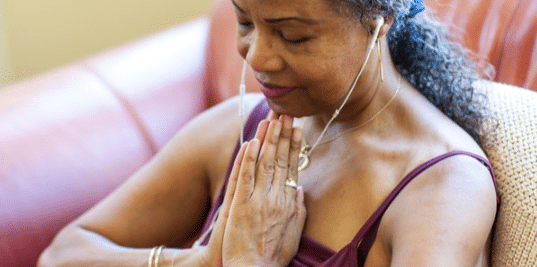It is hard to believe 2021 is less than 90 days way. This year, with all of the many challenges, seems to be flying by. With the transition to working from home, many employees have found themselves even busier than when they were working in the office. Add to that, school-aged and/or college-aged distance learners, and perhaps another adult or two also working from home, you can begin to feel like an afterthought in your own mind. The demands for your attention, your great ideas, your support, your space, your time…can feel endless. It is easy to get caught up in the next thing on your to do lists, help a colleague with the new account at work, volunteer for that special committee, or other ways you prioritize other people’s needs over your own.
When you continue in these cycles of constant giving, without taking time to refuel or refill yourself back up, the quality of your giving can deteriorate without you realizing it. Your patience may run thin, your temper may shorten, and before long the “giving” that once gave you pleasure, now feels exhausting. Simple acts of self-care can keep you energized and strengthen to thrive even when it feels as though you are constantly giving.
What is Self-Care?
Self-care is intentionally being good to yourself; taking care of yourself in a way that is sustaining for you. This will look different from person to person, and that is okay. What I need can be different than what you need because we are different people. Self-care is not being selfish, particularly if there are many people around you that need you and rely on you. It does not have to be an expensive purchase or all-day adventure…although those could certainly qualify as self-care. Think about the last time you boarded an airplane and found yourself waiting for the flight to take off. The flight attendants begin their safety presentation and give instructions on how to use the oxygen masks if they become available. The flight attendants instruct you to put on your own oxygen mask before helping anyone else with their oxygen mask. Why? Because to help others, you need to have already been helped yourself. Prioritizing your self-care is essential when there are demands on you to care for others around you.
How do you do it?
Start small. With the COVID-19 social distancing restrictions, there may not be very many options available outside of the home, so use what you have or what you can easily obtain. It may be easiest to incorporate self-care in activities you are already doing. Think about ways to enhance the things that you are already doing and be intentional about experiencing the pleasures in the moments. Perhaps use an aromatherapy body wash and inhale the relaxing or rejuvenating scent while showering. Or, take a few extra minutes and run a warm bath and add essential oils, bubble bath, or soothing bath salts. You need to bathe, so why not take a few moments to enhance the experience before going to bed or starting your day? When you have your morning coffee or afternoon tea, take a moment to walk outside, breath in fresh air and enjoy the flavor of your warm (or iced) beverage. When you are out grocery shopping, pick up a new fresh herb to add to your pasta or salad, grab a new sauce for your protein, or grab that fruit or vegetable you have all ways wanted to try. These small actions can have lasting impact on you, your well-being, and the care your give to others.
What are some ways you can begin to practice self-care?
Written by Takisha Corbett, Ph.D. Dr. Corbett is a clinical psychologist at Pacific Neurobehavioral Clinic, PC.

